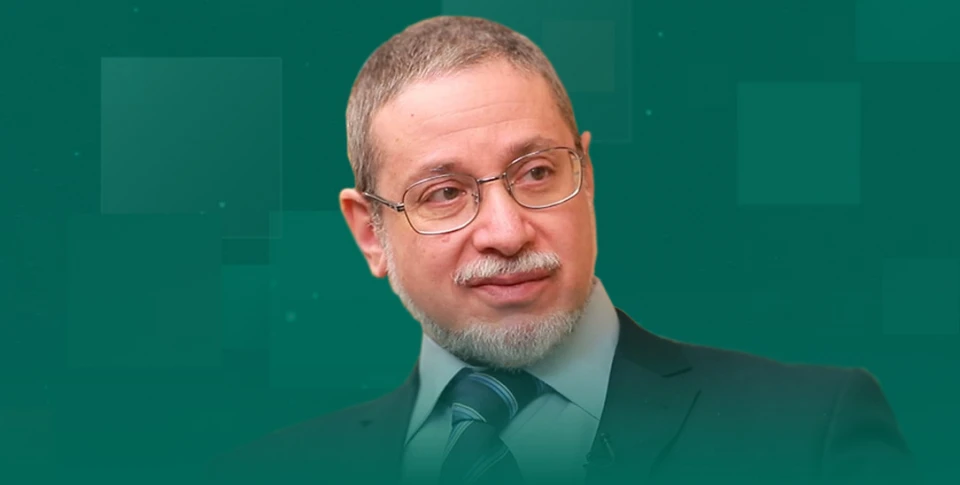
Why West is afraid of Russia's decolonization
To understand this, we need to deal with terminological confusion
The only key factor of uncertainty that the West sees is the strength or weakness of the government in Moscow, which gives rise to two scenarios: the consolidation of the empire or its collapse. In the Western one-dimensional model, there are no other factors (and therefore no other scenarios).
Two key factors of uncertainty that we see - the strength or weakness of the authorities in Moscow and the strength or weakness of the authorities in the regions - give rise to 4 scenarios: consolidation of the empire, collapse, controlled disintegration, and rebalancing of power.
Being trapped in Moscow-centrism, the West (analysts, politicians, and diplomats alike) fail to see or recognize the second, regional factor of uncertainty.
This, firstly, locks them into two scenarios, limiting the framework to only bad scenarios; secondly, it creates a divergence in the understanding of terminology.
- For us, de-imperialization and decolonization means strengthening the regions, and then either controlled disintegration or rebalancing (refederalization).
- For them, de-imperialization and decolonization is a chaotic collapse, which they fear above all else.
That is why we use the term "refederalization" in our communication with the West (which does not recognize peoples and regions and therefore has a one-dimensional model), because all other words have different meanings in our two-dimensional model and in their one-dimensional model.
And among ourselves, in our communication with national movements, with our like-minded people in the West, East, and South - with those who understand the two-dimensional model based on the recognition of the existence of Russian regions - we can safely use any terms.
About the author. Valerii Pekar, lecturer at the Kyiv Mohyla Academy.
The editors don't always share the opinions expressed by the blog authors.
- News













































